This study aimed to fill a gap in the academic literature that informs healthcare practice. At the present time, a great deal is known about symptomology from medical papers written from the point of view of the author of the paper, rather than the person enduring those symptoms.
Effective treatment, support and management has to be developed through incorporating the point of view of the sufferer, in order to take a holistic approach to complex conditions such as CO poisoning. However, the literature does not yet give us any idea about what it is like to live with the immediate and longer term aftermath of being poisoned by CO, from the survivor perspective.
The use of Interpretative Phenomenological Analysis (IPA) as a qualitative methodology has allowed new knowledge about this experience to emerge. Survivors/victims who have previously not had their views considered, now have a voice. For example, this approach has allowed people to discuss the symptoms that were experienced and that were not generally ‘obvious’, as opposed to the more typical symptoms that the public are encouraged to look for and report (such as headaches and flu-like symptoms).
It has also allowed them to express their feelings at the issues caused by the lack of understanding of the condition, which leads to misdiagnosis (such as ME, CFS, mental health disorders), under-reporting, and the issues around where help can be sought.

Recommendations
The data highlighted the need for further research as additional areas of interest came to light through this research, in the way of all scientific research. Smaller numbers of participants allow for greater depth and exploration of the issues that matter to the people concerned.
In this instance, people who have been poisoned by CO will ultimately have a way of not only raising awareness about the whole situation, but will be able to communicate with the agencies who are supporting and dealing with others who may have to live through the same experience in the future, through this research.
Our research partners

University of Leeds
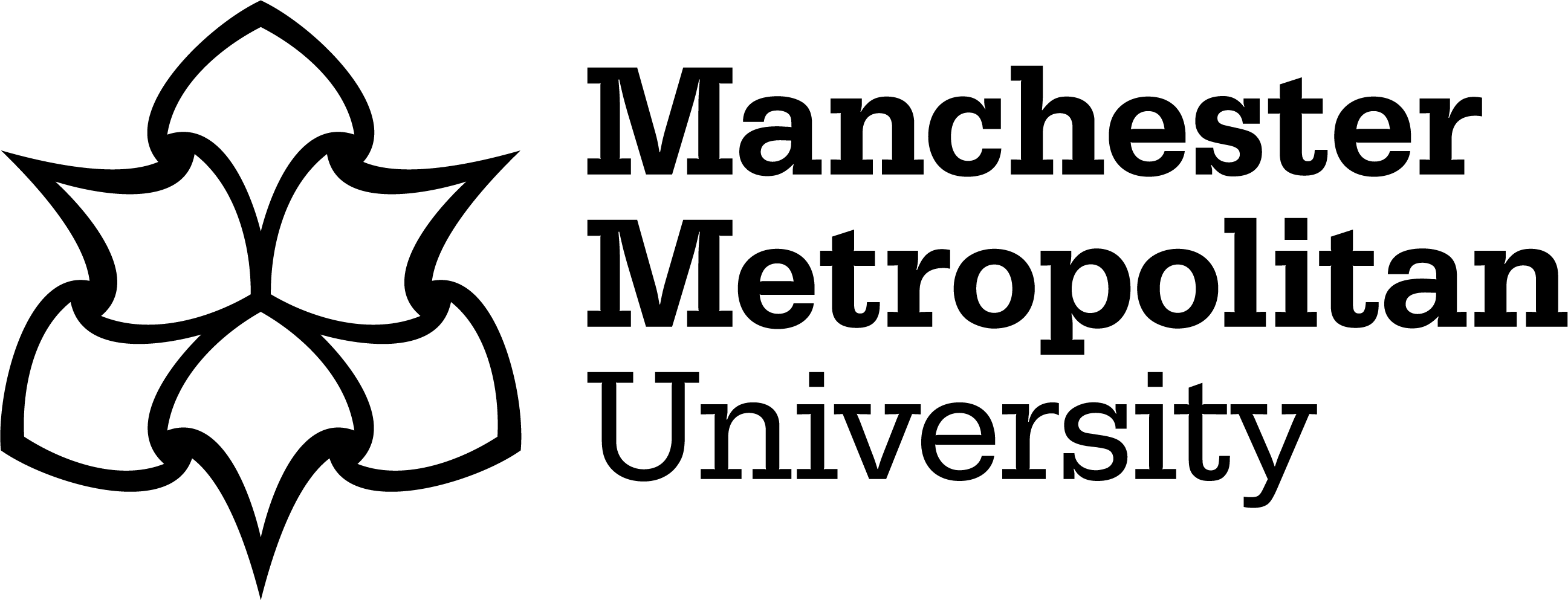
Manchester Metropolitan University
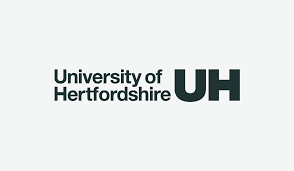
University of Hertfordshire
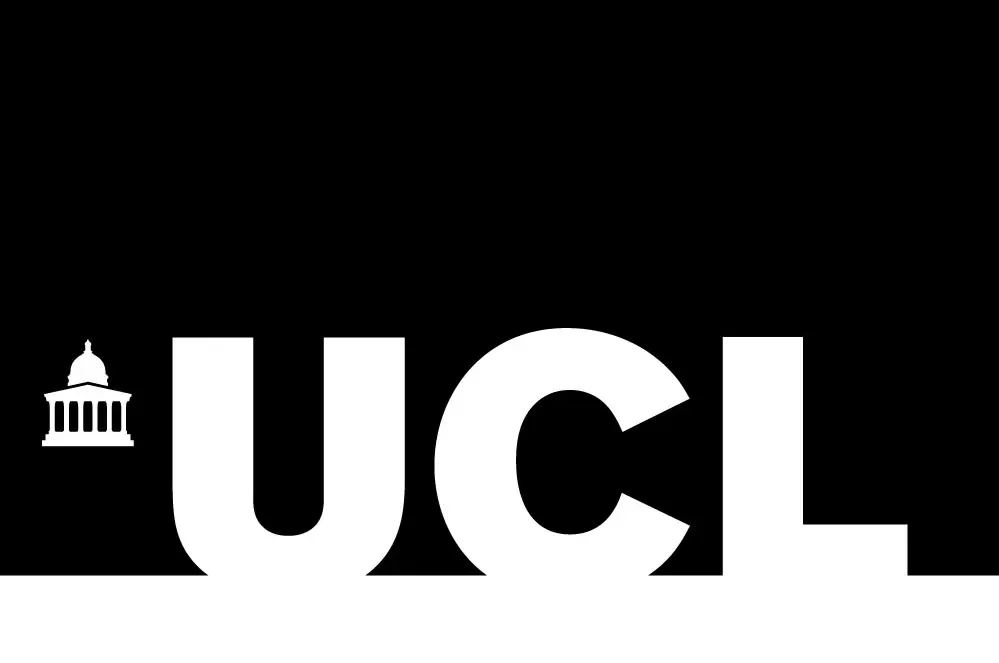
University College London

St George's University Hospitals

Sheffield Hallam University
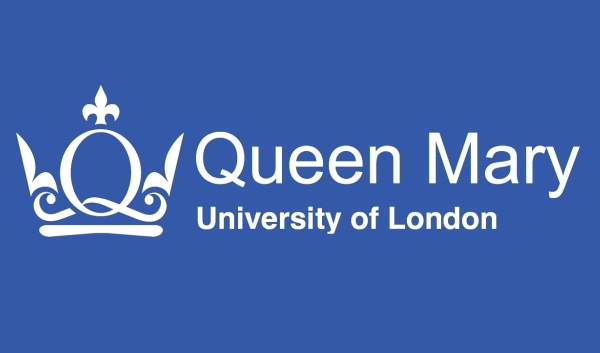
Queen Mary University of London
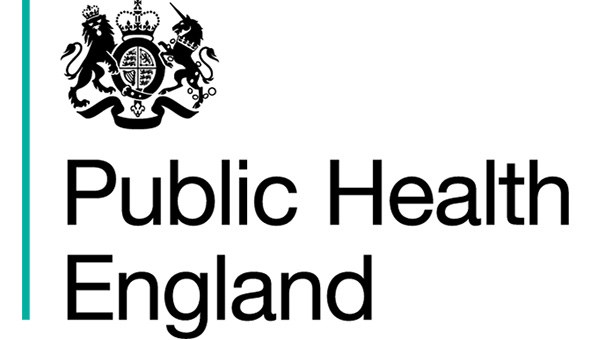
Public Health England

NPIS

Newcastle University
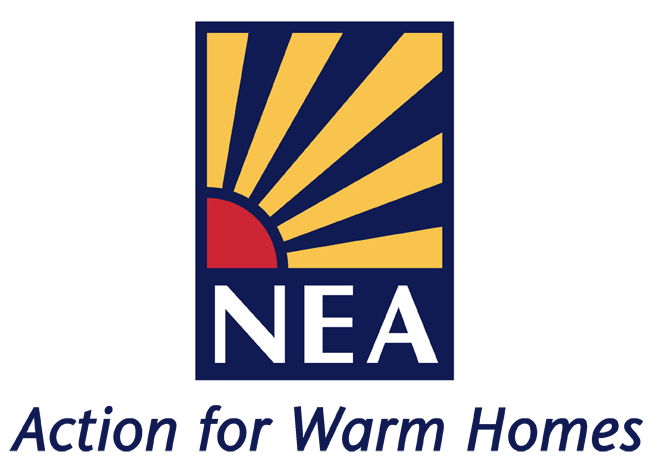
NEA
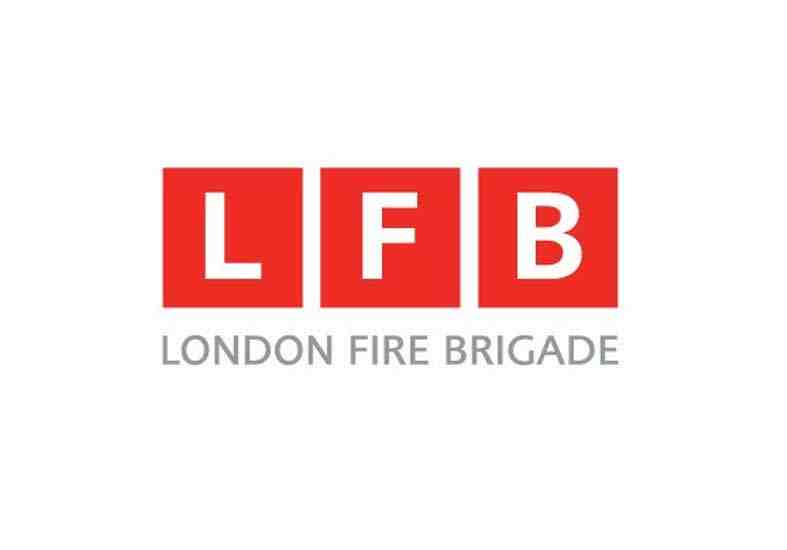
London Fire Brigade

Université de Lausanne

Imperial College London

Liverpool John Moore University

Lancaster University
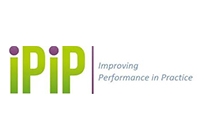
Improving Practice in Performance
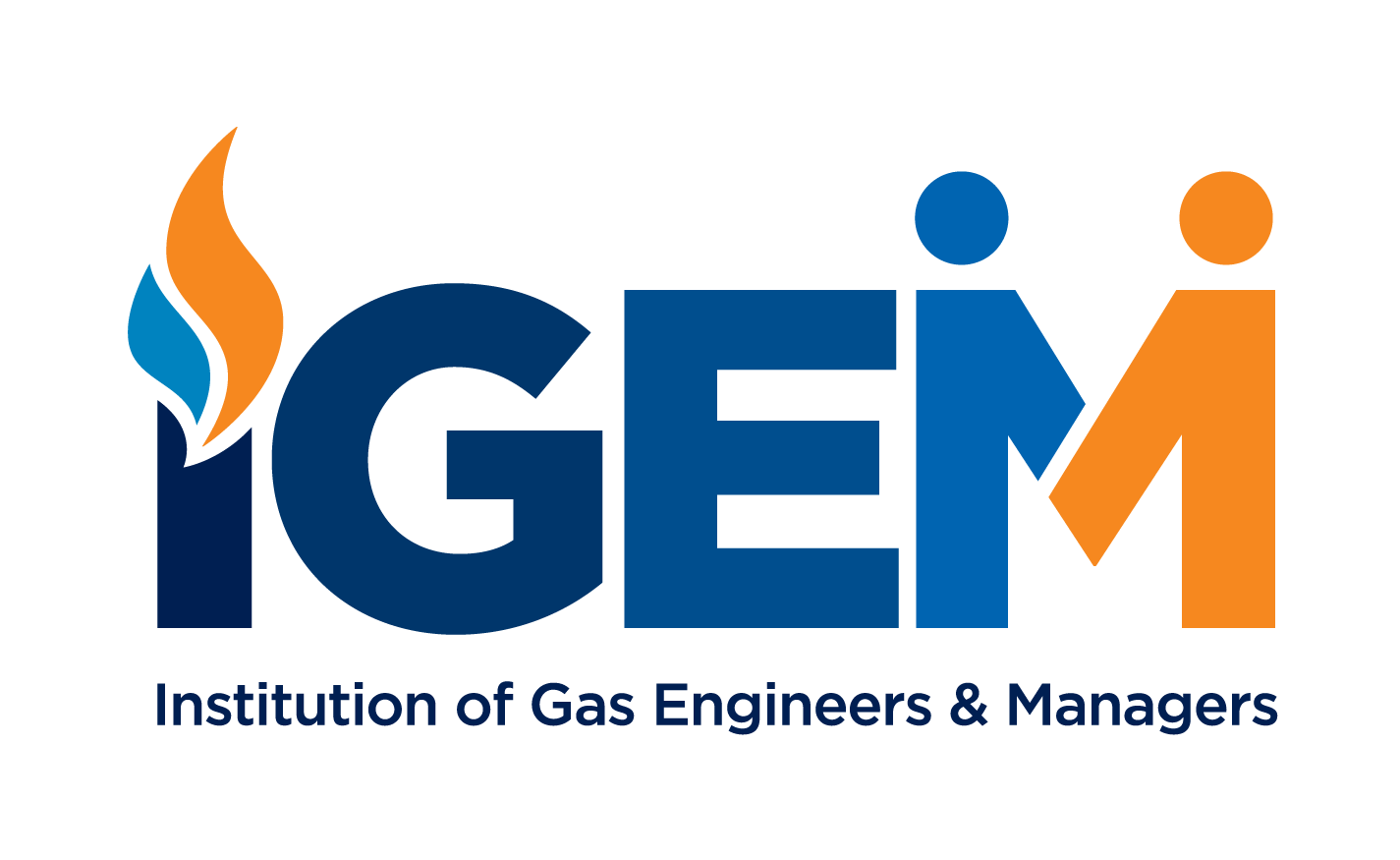
IGEM

East of England Ambulance Service
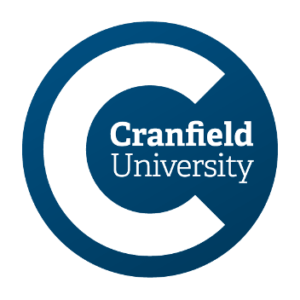
Cranfield University
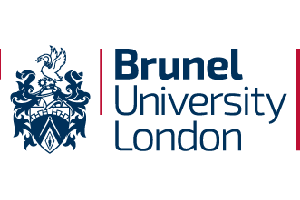
Brunel University London
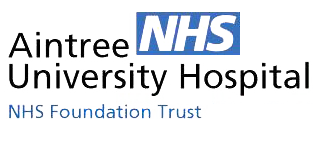
Aintree University Hospital
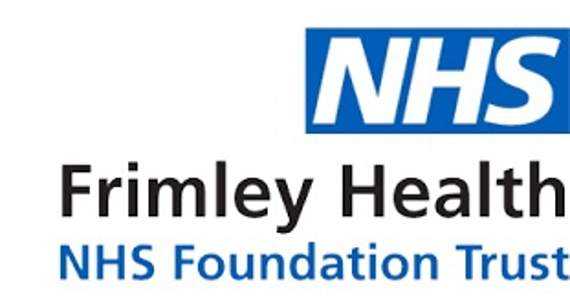
Frimley Health

University of Surrey
